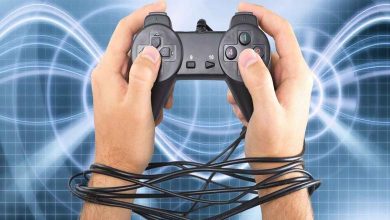The world’s first air conditioner… Who made the air conditioning?

Air conditioning has become an indispensable part of our daily lives, but do you know the history of its invention and development?
The history of air conditioning goes back more than a century and is marked by revolutionary discoveries and technological innovations.
The genius of Willis Carrier:
The story of air conditioning begins with American engineer Willis Carrier. In 1902, Carrier designed the first machine capable of controlling humidity and air temperature in a room. His invention was intended to solve a specific problem: maintaining the optimal conditions for the printing process in a Brooklyn, New York company. Carrier’s system revolutionized the printing industry by reducing the effect of heat and humidity on paper.
The first steps of air conditioning:
After Carrier’s initial success, other researchers and engineers began exploring the possibilities of air conditioning in different fields. In 1922, a Los Angeles cinema became the first public building equipped with an air conditioning system. This innovation kept customers cool during hot summer days and was quickly adopted by other theaters and cinemas.
The rise of the air conditioning industry:
In the 1930s and 1940s, air conditioning became more accessible to the general public. Air conditioning systems were installed in department stores, hospitals, offices and even cars. Residential air conditioning has also become popular, offering families the opportunity to enjoy optimal comfort at home.
The advent of modern air conditioning:
In recent decades, the air conditioning industry has made considerable progress thanks to technological advances. Modern air conditioners have become more energy efficient, quieter and more environmentally friendly. In addition, intelligent air conditioning systems have emerged, allowing users to control the temperature of their home or office remotely through mobile applications.
Impact of air conditioning on society:
Air conditioning has had a significant impact on society and culture. It has enabled the development of previously inhospitable regions by creating controlled environments in arid or tropical areas. It has also revolutionized industries like computer technology, medicine, and agribusiness, all of which depend on controlled environments to function.
Air conditioning has come a long way since Willis Carrier began in the early 20th century. Thanks to visionary inventors and constant technological advances, we can now enjoy cool and comfortable environments wherever we are. Whether in our homes, offices, cars or shopping malls, air conditioning has become an essential part of our modern life. As we continue to progress, it is exciting to think about future developments that could further improve our comfort and quality of life through air conditioning.












